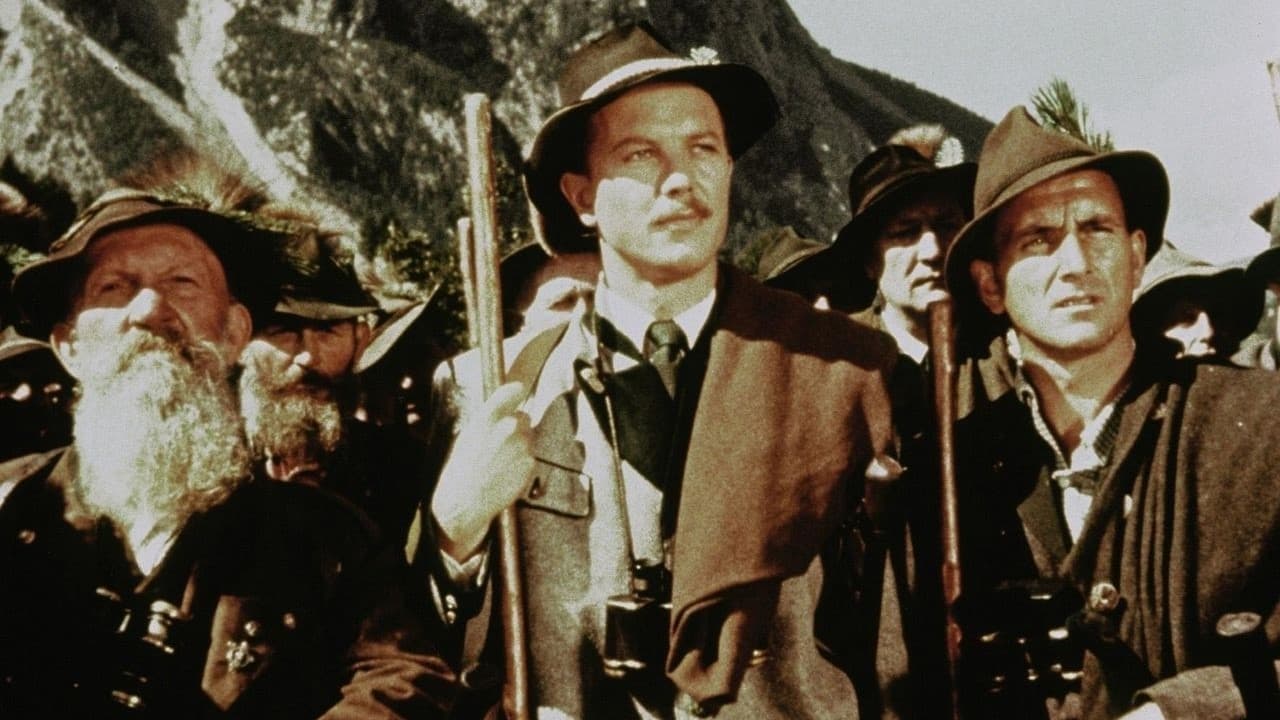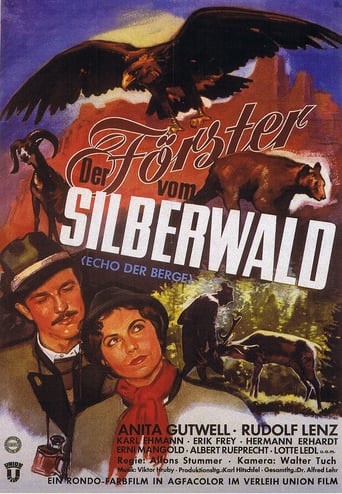jan onderwater
This abominable Heimatfilm originally started as a documentary about the Austrian Steiermark environment, but with the (cinematographic) results the producer was thàt happy that he decided to elaborate the material into a feature film. For this purpose a poor script overloaded with the genre's banalities was written, including a conservative "blood and soil" tendency. Two unknown leads were casted, who would become runners up to the Heimatfilm regulars Marianne Hold and Rudolf Prack: Anita Gutwell and Rudolf Lenz, who both surpass Hold and Prack in being empty headed. Considered a classic in its genre recent notes state that there is very modern (progressive) aspect to this film. This would be the resistance against plans to cut down a wood for the sake of money. I am definite in saying that this aspect is judged wrongly; do not forget that the subject of the film as such is not the cutting of the wood, but the resistance against any progress (= modern city life) and a plea for the old traditional values of the confined Heimat. Important is that granddaughter Gutwell comes back from the city to find happiness in the Heimat, and not wearing "city"clothes anymore, but traditional costume (almost forced on her by the grandfather; an appalling character: why was not he shot in stead of the deer). Note that Gutwell's (former) boy-friend from the city unavoidably turns out to be a no-good, while the Lenz character is goodness and kindness itself; all this is to stress the basic premise of the film: life is best lived within conservative traditions. In reference to this basic subject the resistance against the cutting down of the wood is not important, but the symbolic meaning of it: resistance against progress, against a change in life style, but also fear of the unknown.Watching this film I again wondered why the average "blood and soil" Heimatfilm is not only unbearable for its subject, but also for its poor execution. In this film there is hardly any feeling for unity, timing and rhythm, the acting is poor (and not only by the two leads), and most scenes are staged, shot and cut and pasted in a dull way to say the least. It is as if the execution was hardly important and the main purpose of the film was to confirm existing prejudices.

